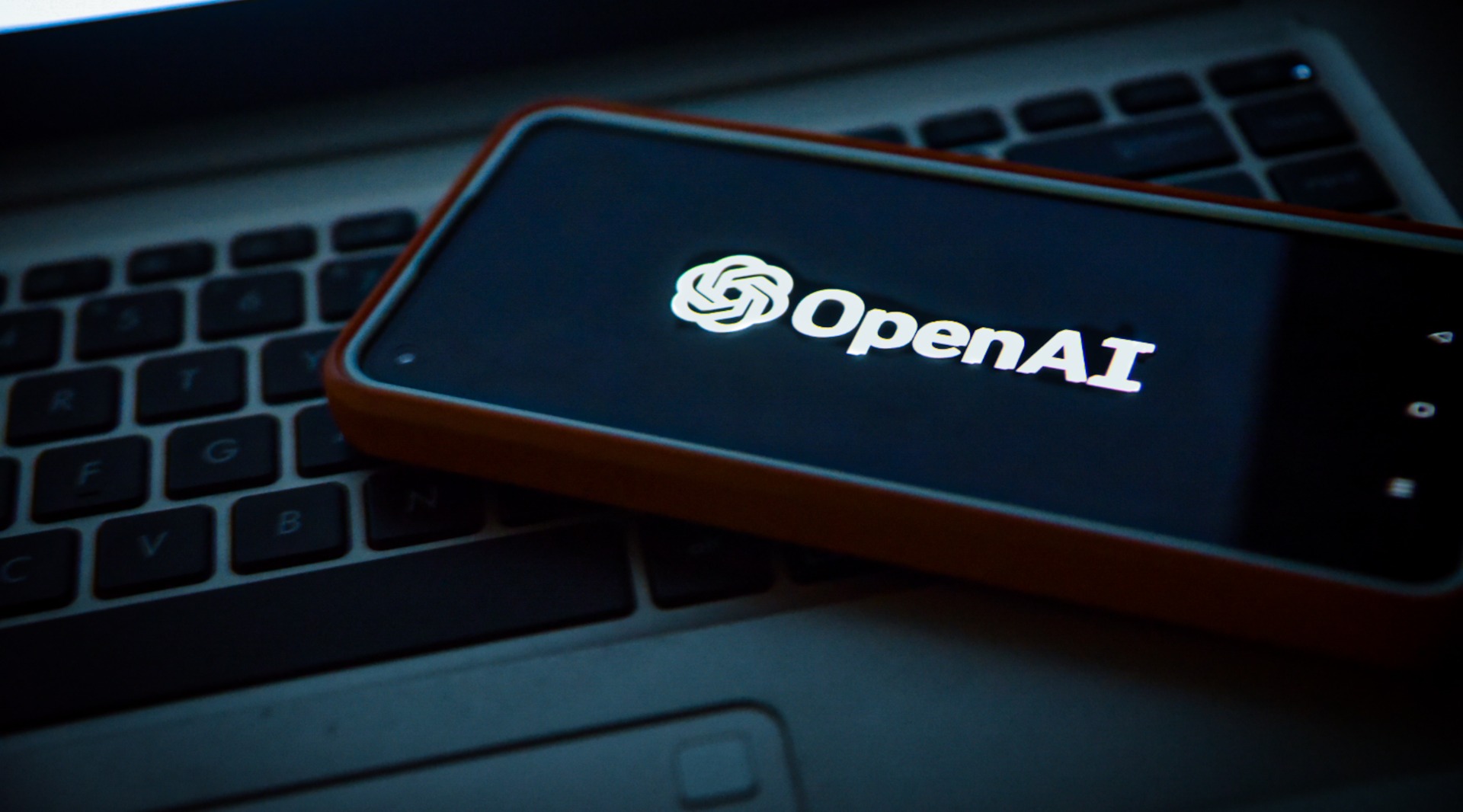The meeting point of artificial intelligence (AI) and traditional education approaches has prompted heated controversy. ChatGPT, a powerful language model capable of generating human-like prose, is at the heart of this debate. As AI technology, like ChatGPT, advances, concerns about its ability to replace educators or disrupt the existing educational system arise. We dive into the tangled web of AI, education, and the role of instructors.
AI's Educational Potential
AI has made major inroads into the education industry, providing a plethora of tools and applications with the potential to transform learning experiences. Here are some of the ways artificial intelligence is being used in education:
- AI-powered systems may adapt to individual learning styles, pacing, and capacities, giving personalised educational experiences.
- Intelligent Tutoring solutions: These AI-powered solutions provide students with real-time feedback to help them understand hard ideas.
- Automated Grading: AI has the ability to automate assessment grading, saving instructors time and providing students with faster feedback.
- AI chatbots and virtual assistants can react to student inquiries, provide help, and provide more learning resources.
- Big Data Analysis: AI can analyze massive amounts of educational data to find trends, evaluate teaching tactics, and improve curricula.
ChatGPT's Rise in Education
ChatGPT, a smaller version of the bigger GPT-3 model, has shown promise in a variety of educational applications. Because of its ability to write coherent content and answer to questions, it is a helpful tool for students seeking information and explanation. ChatGPT can explain complicated concepts, provide sample essays, and even help with foreign language study.
ChatGPT has been integrated into educational platforms to provide students with on-demand support and tutoring. This begs the question of whether such technology will eventually be able to replace teachers in certain situations.
The Teacher's Role in Education
To understand the possible impact of ChatGPT on education, it is critical to recognize instructors' multidimensional role:
- Teachers lead students through the learning process, adapting their strategies to meet the various requirements of their students.
- Personalized Support: Educators provide one-on-one assistance to students, addressing individual learning obstacles and providing a supportive learning environment.
- Teachers frequently function as mentors, offering not only academic instruction but also life skills and values.
- Social Interaction: A critical part of education is the development of interpersonal skills and social interaction in the classroom environment.
- Creativity and Critical Thinking: Teachers foster students' capacity to analyze, synthesize, and solve difficult problems by encouraging creativity and critical thinking.
AI as a Supplement, Not a Substitute
While AI technologies such as ChatGPT show great potential in education, they are most effective when used in conjunction with, rather than in substitute of, teachers. Here are some of the fundamental reasons why human educators are still indispensable:
- Emotional Intelligence: Teaching necessitates empathy, comprehension, and emotional intelligence. These characteristics allow educators to engage with children on a more personal basis, offering emotional support and inspiration.
- Adaptability: Teachers must be able to modify their teaching approaches in real time in response to students' emotions and needs. AI does not have this amount of adaptability.
- Educators inspire children by igniting their curiosity, creativity, and a passion of learning that extends beyond the basic transmission of information.
- complicated Problem-Solving: When dealing with complicated issues and challenges, teachers help students through the process of critical thinking and problem-solving, imparting abilities that go far beyond the classroom.
- Social Skills: The classroom acts as a social arena for pupils to gain important social skills such as collaboration and teamwork—areas where AI falls short.
The Importance of AI in Education
AI in education is likely to feature a harmonic integration of technology and human skills in the future. AI can help educators relieve some of their administrative obligations, allowing them to focus more on personalised instruction and a holistic approach to education.
As AI technologies such as ChatGPT evolve, instructors will need to adapt and learn new skills for integrating AI in the classroom. Training programs for instructors can assist them in maximizing the potential of AI to improve their teaching approaches.
Furthermore, it is critical to ensure that AI is used ethically and responsibly in education. This includes tackling data privacy problems, bias in AI systems, and striking a balance between technology and human connection.
AI in the Classroom: Balancing Benefits and Challenges
As AI becomes more prevalent in education, teachers are grappling with its potential benefits and challenges. Teachers are exploring ways to incorporate AI, such as ChatGPT, into their classrooms. However, the integration of AI in education has raised concerns, prompting discussions among educators.
While some teachers are excited about the possibilities AI offers, others worry about its misuse. Large school districts, such as New York City and Los Angeles, initially banned AI tools like ChatGPT in classrooms due to concerns about cheating and plagiarism. However, these challenges haven't deterred educators, who believe that AI is already here to stay.
Teachers recognize that AI can be a valuable asset, but they emphasize the irreplaceable role of human connection and mentorship in education.
Conclusion: A Shared Future
The incorporation of AI into education, including models such as ChatGPT, marks an exciting progress in the discipline. It should not, however, be considered as a replacement for the vital role that instructors play in nurturing students' brains and souls. Instead, AI should be accepted as a helpful tool that supplements human instructors' competence, sensitivity, and creativity in the classroom. The future of education lies in a synergistic collaboration of technology and the enduring human touch.

















